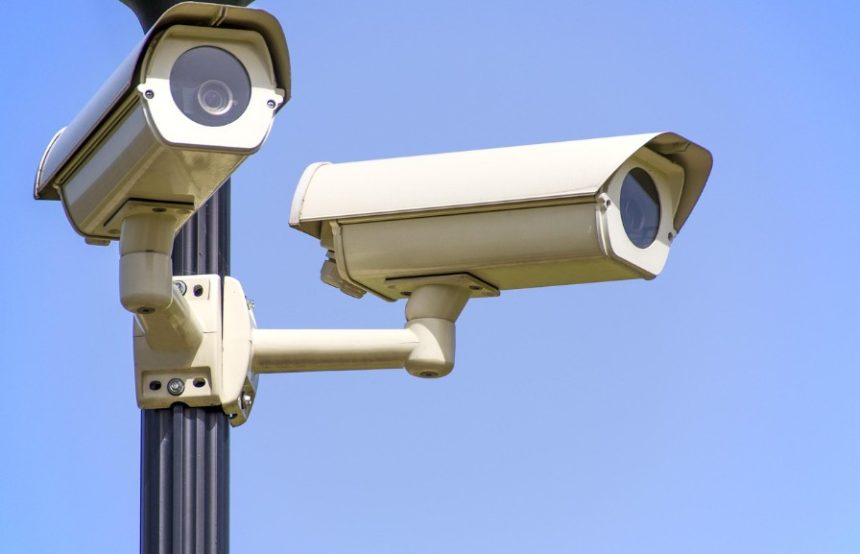Hammersmith and Fulham to Install AI-Powered and Facial Recognition CCTV in £3.2m Upgrade
The London Borough of Hammersmith and Fulham, formerly known for having the thickest CCTV network per occupant in the UK, is set to take surveillance to the next level.
The council has given the green light to a £3.2 million investment aimed at enhancing its being system with slice-edge technologies like artificial intelligence( AI) and facial recognition.
The upgrade is part of a broader £4.5 million, four-year programme aimed at improving crime detection and prevention across the borough.
According to council officials, this move will “elevate H&F to an exceptionally advanced level of CCTV crime detection capability.”
With over 2,000 cameras already installed, the borough’s network is set for significant expansion.
The latest investment will be spread over three years, beginning this financial year and wrapping up in 2027/28.
The funding is expected to come from a mix of existing and future developer contributions, alongside revenues generated from neighbouring boroughs that subscribe to Hammersmith and Fulham’s CCTV services.
The new additions include live facial recognition cameras, designed to “match faces against a defined police database in real time.”
These will be positioned at crime hotspots such as outside Shepherd’s Bush Market on Uxbridge Road, Wood Lane near Westfield, and on King Street.
However, the council is cautious about implementation. The Cabinet paper makes clear that facial recognition technology will only be introduced “heavily contingent on police support,” though early discussions with the Met Police have been “positive.”
Currently, the Met Police operates a pilot facial recognition site in Croydon, with findings expected this autumn.
Beyond facial recognition, AI capabilities will be integrated into 500 cameras to assist with video playback, automatic vehicle tracking, and more efficient CCTV operator responses.
This system will also enable Retrospective Facial Recognition (RFR), which allows archived footage to be searched to track suspects’ movements more effectively.
There’s also talk of using drones as an “enforcement aid,” pending approval from the Civil Aviation Authority.
Council Leader Cllr Stephen Cowan emphasised the need for more advanced tools to fight crime.
“This council is pioneering the use of artificial intelligence to identify and recognise people who have committed crime or antisocial behaviour to a greater degree,” he told the council.
He further added, “As we know, the criminal justice system is broken. It has been broken for a long time.
It’s one of the many consequences of austerity, and as a consequence, it is extremely difficult at times for the courts to get people taken through the courts.”
Cllr Cowan didn’t stop there. “The fight against organised crime has become more sophisticated than ever before. It is totally international, and its victims are often the most vulnerable people in our community.
Therefore, the prevention of risk of crime, particularly protecting children at risk of being groomed into crime, has been a key part of our operation.”
Meanwhile, Cllr Rowan Ree, Cabinet Member for Finance and Reform, expressed his support for the project during an interview with the Local Democracy Reporting Service (LDRS): “Crime is the big issue that we’re tackling at the moment and we will use any tools that we can get our hands on to help with that,” he said.
“That doesn’t only mean using AI in CCTV, it means boosting our CCTV presence even further.
We’ve got the most comprehensive CCTV network in the country in terms of cameras per resident, but we want to go further.”
Neil Thurlow, Assistant Director for Community Safety, Resilience and CCTV, confirmed that ethical concerns had been considered thoroughly.
Facial recognition technology was previously ruled out, but this approach has now been revised.
Thurlow assured the public: “It’s not going to be used for spyware or anything like that at all.”
The council is committed to deploying these technologies “with the highest ethics,” he said.
This move aligns with wider efforts across London to tackle crime more effectively, with many councils relying on CCTV to track thefts and prevent repeat offences.






